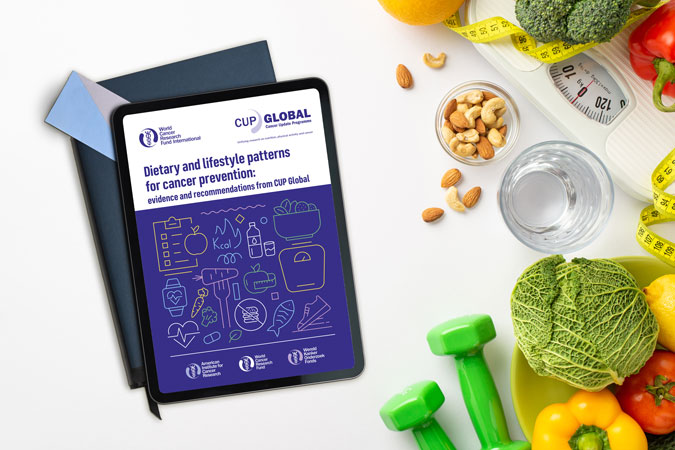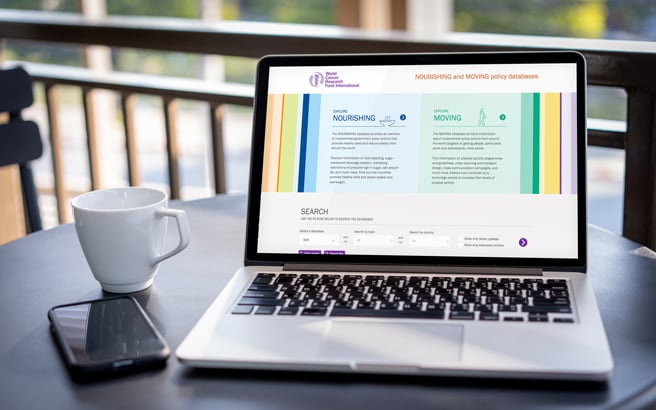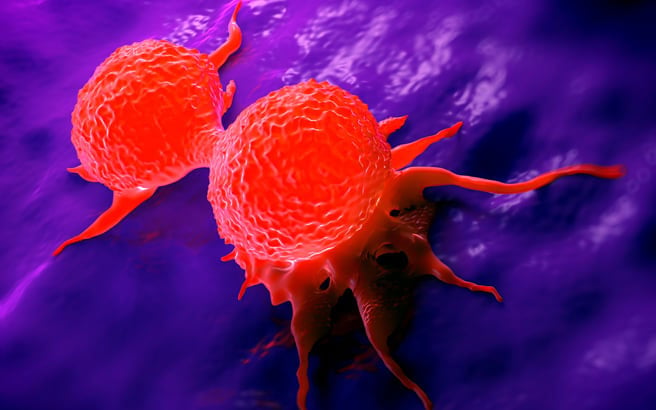International Agency for Research on Cancer (IARC) and The Joint FAO/WHO Expert Committee on Food Additives (JECFA) has today published a joint evaluation of the potential health risks from the artificial sweetener, aspartame.
IARC has reviewed and assessed, for the first time, the evidence relating to potential carcinogenic effects of aspartame as part of its Monographs programme. It found limited evidence that aspartame is carcinogenic in humans; the evidence from animal studies and experimental studies was also limited. Therefore, it classified aspartame as ‘possibly carcinogenic’ (group 2B using the IARC Monographs Hazard Classification).
Simultaneously JECFA reviewed the general health and nutrition risks of aspartame at usual consumption levels. It found insufficient evidence linking aspartame to the risk of cancer or other diseases, such as Type 2 diabetes and heart disease. JECFA concluded that the previously established acceptable daily intake of 0-40mg/ kg body weight should not change. This is the equivalent of between 9 to 14 cans of Diet Coke a day, assuming no other intake from other sources.
Our Cancer Prevention Recommendation to limit consumption of sugar sweetened drinks, and to drink mostly water and unsweetened drinks, is consistent and remains appropriate in light of these evaluations. Following this, along with our other Recommendations, will give people the best chance of avoiding a preventable cancer.
We support the report’s recommendations that future research should focus on well-conducted studies to better understand the relationship between aspartame and cancer risk and for more experimental studies to explore potential biological pathways. In order to strengthen our understanding of how diet, nutrition, physical activity and body weight influence cancer risk, we will continue to support, and advocate for, better research in these areas.
We welcome these new evaluations by the International Agency for Research on Cancer and the World Health Organization on the health effects of the artificial sweetener, aspartame. The evidence reviewed led to the classification of aspartame as ‘possibly carcinogenic’, but also confirmed that the current recommended acceptable daily intake of aspartame will not change.
Our cancer prevention recommendation to limit consumption of sugar sweetened drinks, and to drink mostly water and unsweetened drinks, is consistent and remains appropriate in light of these evaluations. Following this, along with our other Recommendations, will give people the best chance of avoiding a preventable cancer.
We will continue to advocate for better research in these areas, in order to strengthen our understanding of how diet, nutrition, physical activity and body weight influence cancer risk.
We support the recommendations that future research should focus on well-conducted studies to better understand the relationship between aspartame and cancer risk and for more mechanistic studies to explore potential biological pathways.
Longitudinal body mass index and cancer risk: a cohort study of 2.6 million adults, published in Nature Communications, has found that overweight and obesity during early adulthood (between ages 18–40 years) could be linked with up to 18 cancers, with some of these cancers not previously associated to weight as a risk factor.
The results of the study found the longer the length of time, greater the degree, and younger the age of overweight and obesity, the higher the associated risk of developing 18 different cancers.
The large study of 2,645,885 individuals, looked at people’s body mass index (BMI) status across their lifetime instead of focusing on one BMI measurement. It was led by researchers from the Institut d’investigació en Atenció Primària de Salut Jordi Gol (IDIAPJGol) in collaboration with the International Agency for Research on Cancer (IARC) and funded by the Wereld Kanker Onderzoek Fonds (WKOF).
Previous evidence linked at least 13 cancers
Previous evidence from the World Cancer Research Fund and others have linked overweight and obesity to at least 13 different cancers. Some of the new cancers that the study has found could be linked to weight include leukemia, non-Hodgkin lymphoma and, among people who have never smoked, bladder cancers.
Andrea Pistillo, one of the study’s lead authors, said:
In this study we used advanced methodologies to retrieve missing information on BMI from participants. After nine years of follow-up, 225,396 participants were diagnosed with cancer.
We found that apart from BMI at baseline, other BMI-derived indicators such as duration, degree and age of onset of overweight and obesity were associated with the risk of up to 18 types of cancers. So far indeed, only 13 types of cancers were associated with high BMI. In fact, one of the objectives of the study was to assess whether life course adiposity-related exposures are more relevant cancer risk factors than only one BMI measurement.
Dr Heinz Freisling, based at IARC and one of the lead investigators of the study, said:
The results of our study support a re-evaluation of the cancer burden associated with overweight and obesity, which currently is likely underestimated.
Dr Talita Duarte-Sallés, the principal investigator of the project at IDIAPJGol, further emphasised the public health implications of the study findings:
These compelling results support the implementation of primary care-based strategies for cancer prevention, with a strong focus on preventing and reducing early overweight and obesity.
This pioneering research marks a significant milestone in understanding the intricate relationship between overweight/obesity and cancer risk. With these findings, the global community has a powerful new tool to shape targeted interventions, develop effective prevention strategies, and ultimately make a significant impact on cancer outcomes worldwide.
Dr Panagiota Mitrou, Director of Research, Policy and Innovation at World Cancer Research Fund, said:
This large study has future public health implications since additional cancers, such as leukemia and non-Hodgkin lymphoma, have been shown to be linked with overweight and obesity.
“Our own evidence shows that maintaining a healthy weight throughout life is one of the most important things people can do to reduce their cancer risk, and early prevention in adulthood is key.
Ends
About IDIAPJGol
The Institut d’investigació en Atenció Primària de Salut Jordi Gol (IDIAPJGol) is a leading research institute specializing in primary care research. Committed to advancing healthcare through rigorous scientific investigations, IDIAPJGol collaborates with various national and international partners to make substantial contributions to medical knowledge.







